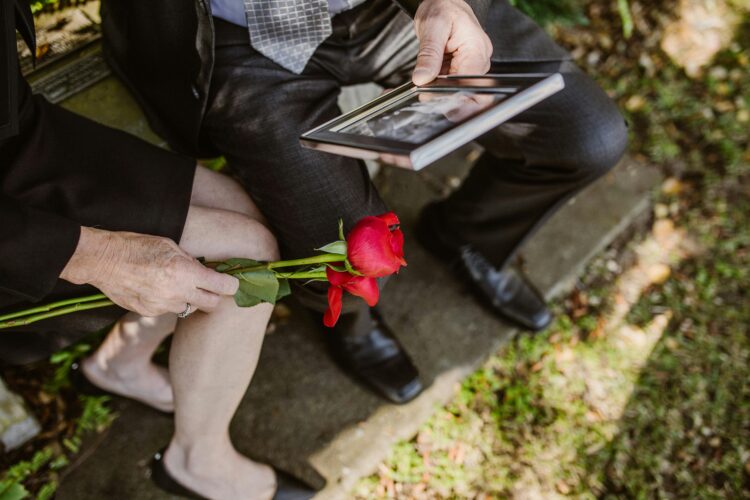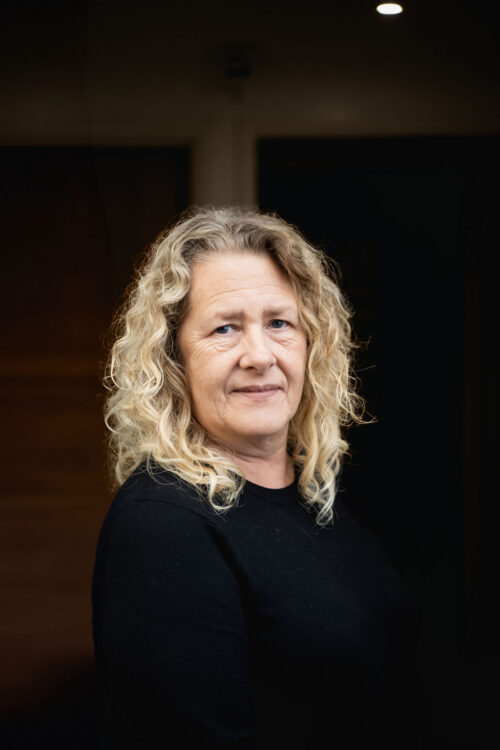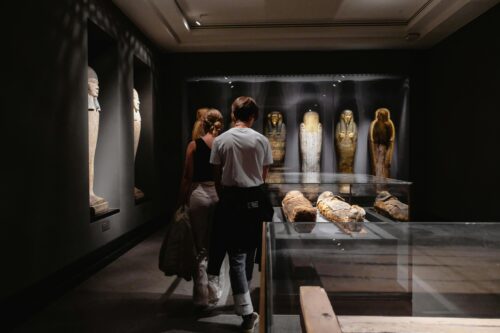Welham Jones
https://welhamjones.co.uk/wp-content/themes/welham-jones/img/logos/supersonic-playground-logo.png
300
80
Welham Jones
When did the tradition of corteges begin?
The concept of the funeral procession dates back millennia, with some of the earliest examples found in Egyptian hieroglyphs. These elaborate ceremonies were held 70 days after death, with mourners, musicians and priests escorting the mummified body to the Nile, where they would cross to the burial ground in the Valley of the Kings. This journey symbolised the soul’s passage into the afterlife.
In Ancient Greece and Rome, corteges were tributes to a person’s social standing and family honour. Romans often carried portraits of deceased ancestors and hired professional mourners, while Greeks began their processions at dawn to symbolise the soul’s journey from darkness to light.
During the medieval Christian period, funeral routes were more subdued and devotional. Processions were led by priests carrying a cross and followed by family dressed according to their relationship with the deceased. The route would often include symbolic landmarks, with townsfolk joining in along the way.
By the Renaissance, processions became opportunities to highlight personal legacy. Effigies sometimes replaced the body, and objects representing the deceased’s achievements: books, artwork, tools of a trade, were carried along the route.
The Industrial Revolution reshaped corteges into more formal events, with long journeys requiring horse-drawn carriages. In the 20th century, the arrival of gas-powered hearses transformed funeral transportation, eventually leading to the dignified, personalised corteges we see today.
Where do funeral corteges start in Tunbridge Wells?
A cortege can begin from anywhere that feels meaningful. Many families in Tunbridge Wells choose to begin the journey from the deceased’s home, a relative’s residence, or a local care home. Some start at the reception venue where mourners will later gather to share memories.
Alternatively, the journey may begin at our Welham Jones funeral home in Tunbridge Wells, where our team of local, family-run funeral directors is ready to provide sensitive, expert guidance. Conveniently located on Crescent Road, our Tunbridge Wells funeral home is a nice, central starting point from which to begin the journey.
“There’s no one way to do things,” says Sam O’Flynn, one of our funeral arrangers for Tunbridge Wells. “We encourage families to think about what places meant the most to their loved one — not just the practical route, but the personal one.”
Meet Sam O’flynn here: https://welhamjones.co.uk/about-us/news/introducing-sam-oflynn-our-tunbridge-wells-funeral-arranger/
Meaningful funeral cortege routes in Tunbridge Wells
Whether it’s a scenic landmark, a favourite park, or a local school, funeral routes in Tunbridge Wells can be tailored to reflect what mattered most to the person who has passed. Common requests include:
- The Pantiles: a timeless promenade that holds fond memories for many locals.
- Spa Valley Railway: ideal for railway enthusiasts or those with a transport background.
- Ashdown Forest: offering a peaceful, nature-filled moment for those who loved the outdoors.
- Trinity Theatre: for those who volunteered, performed or supported the local arts.
- Castles, stately homes, churches and abbeys, are particularly meaningful if the deceased had celebrated their wedding, baptism, or another special occasion there:
- Schools: for alumni or former teachers:
As local funeral directors with decades of experience, we know how meaningful it can be to honour someone’s life by passing the places, the people and the memories that shaped them.
“It’s rarely about the big monuments,” says Sam. “It’s about what was personal. I once helped a family plan the funeral of a young boy, and the cortege went past his school. All the children came out and stood along the pavement to wave him off. From the school to the route leading toward the crematorium, people had lined the streets. It was incredibly emotional, but a beautiful farewell.”
Where does the cortege end?
The destination of the funeral procession is typically the place of committal. In and around Tunbridge Wells, this may be a crematorium, cemetery, or parish churchyard. Some of the most chosen locations include:
For further help choosing your venue, we recommend speaking to our Tunbridge Wells funeral arranging team or visiting our page on funeral packages and burial options.
A funeral procession in Tunbridge Wells is never just a journey, it’s a final tribute through the streets, schools and landmarks that meant the most. With the help of our local, family-run funeral directors, it can be a meaningful moment of reflection, remembrance, and love.
If you’re looking for support planning a funeral in Tunbridge Wells, please contact us






